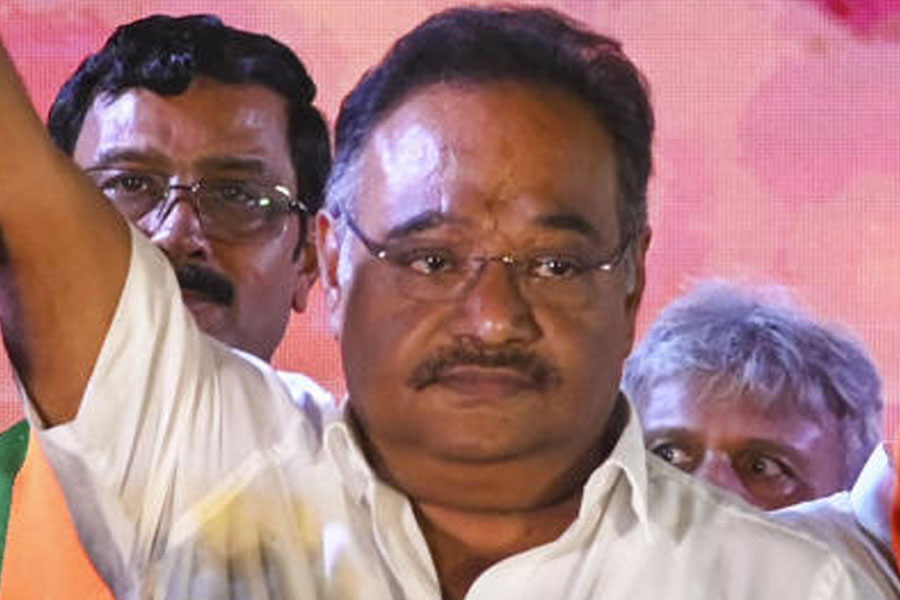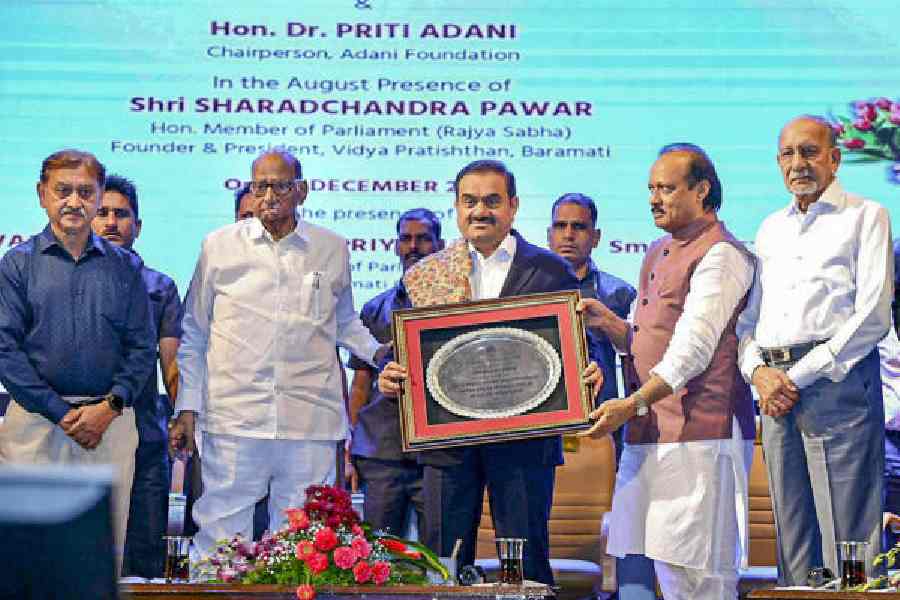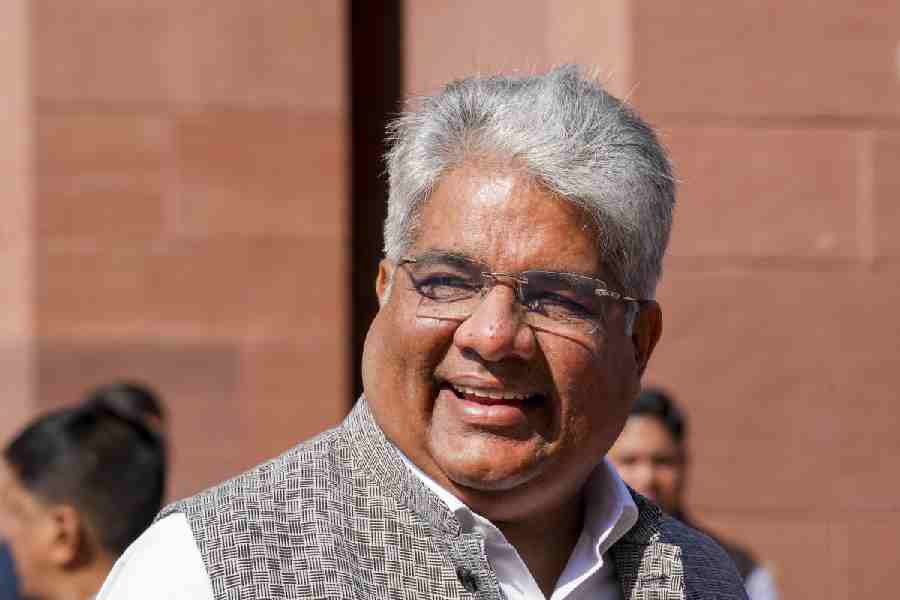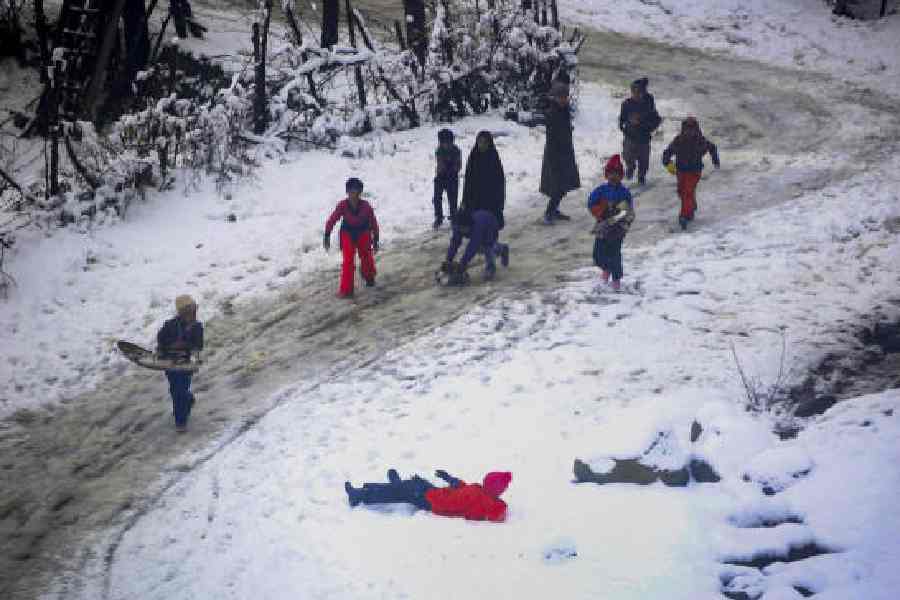The state health department has finally decided to restrict free treatment facilities in hospitals, starting with SSKM. A government committee has recommended that free treatment be given on a first-come-first-serve basis to a minimum number of patients holding a below poverty line (BPL) card. The rest will have to pay for their treatment.
The SSKM authorities have also decided to scrutinise the medical documents of patients, to verify whether they really are needy. On most occasions, people who have undergone treatment in private nursing homes turn up for free treatment in state-run hospitals, armed with an endorsement from a political leader.
“We want to induct some sort of transparency in the free treatment process. It is sad that people, despite being financially capable, come up with requests for free treatment. We are now committed to restore SSKM to its glorious past,” said hospital superintendent Santanu Tripathi.
An SSKM survey revealed that 70 of every 100 patients coming for diagnostic tests in the bio-chemistry, radiology, microbiology and X-ray departments, avail of free treatment, which is strictly against the rules.
The government rules stipulate only 15 per cent free treatment in diagnostics, as well as beds, in the hospital, but during the course of inquiry, the SSKM authorities found that nearly 70 per cent of the patients were enjoying free treatment by producing a BPL certificate. Similarly, more then 25 per cent of the patients were in free beds, despite SSKM being the only paying hospital in the state. Free beds are allowed for the first 72 hours only, in case of “grave emergency.”
The hospital is reeling under an acute financial crisis, with no money to repair equipment like the Liver Function Test (LFT) machine or to buy simple pathological reagents for tests.
On Monday, long queues were seen outside the biochemistry department, with most people holding some sort of recommendation slip in their hands. Fifty-five-year-old Roqiya Bibi, from Metiabruz, too, had a BPL certificate, as did Surojit Malakar of Hazra. Both, however, admitted that they had been under treatment of local private physicians.
The government is trying to streamline the policy in other hospitals, too. Recently, Subir Gangopadhyay, radiotherapy department head, Medical College and Hospital, found patients coming in after having spent thousands at private clinics. “I asked a few to leave immediately, because their documents showed they had undergone treatment at private hospitals, but had come for free radiotherapy with a document from a people’s representative,” said Gangopadhyay.
Prabhakar Chatterjee, health services director, said: “We are working at making the process of free treatment more foolproof.”










